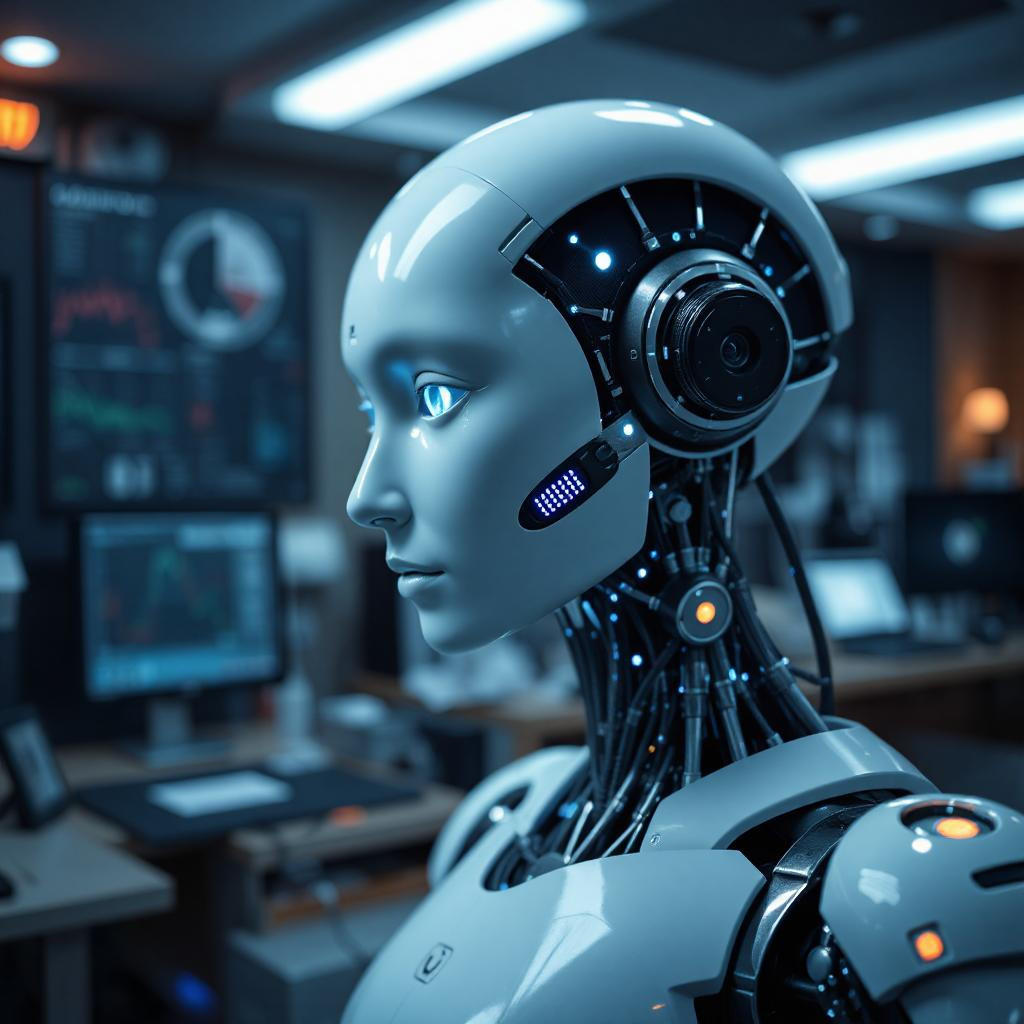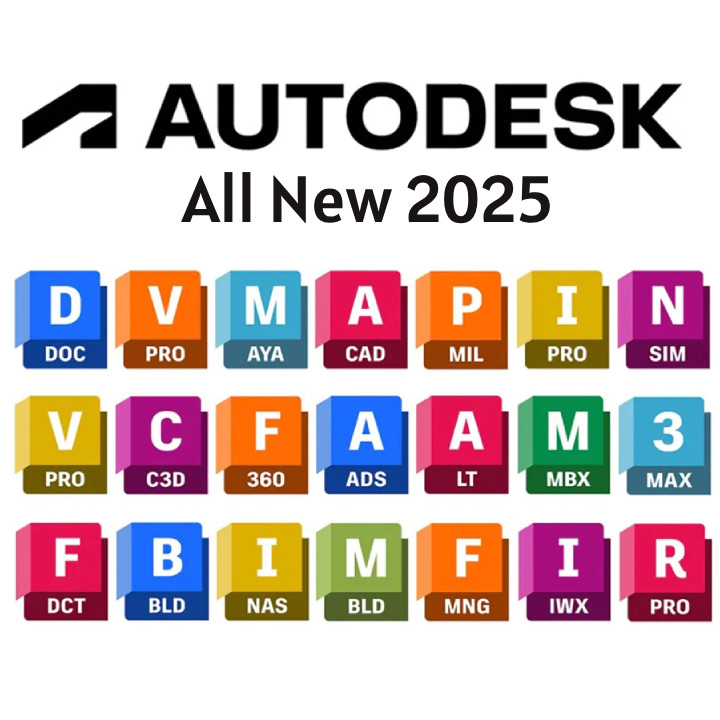26-06-2023

- by Byteorc
- 0 Comments
Insights into how AI is transforming software development and user experience.
Exploring the Future of AI Software
As we step further into the 2020s, the evolution of artificial intelligence (AI) continues to reshape various industries, particularly software development. The future of AI software promises to bring unprecedented changes, enhancing productivity, decision-making, and user experiences. This blog delves into key trends and innovations that are setting the stage for the future of AI software.
1. AI-Powered Automation
Automation is one of the most significant advancements in AI software. Intelligent automation combines AI with machine learning and robotics to handle repetitive tasks, allowing employees to focus on more strategic activities. According to a report by McKinsey, organizations that adopt automation can increase productivity by up to 40%.
This trend is evident across sectors like manufacturing, finance, and healthcare, where AI tools are being used to streamline processes and reduce human error.
2. Natural Language Processing (NLP)
NLP technologies have made significant strides, enabling machines to understand and generate human language more effectively. The rise of conversational AI, like chatbots and virtual assistants, is transforming customer service and user interaction. As NLP models become more sophisticated, they can handle complex queries, provide personalized responses, and engage in natural, fluid conversations. For instance, advancements in AI-driven text generators are assisting in content creation, marketing, and even coding.
3. Ethical AI and Transparency
As AI systems become more integral to decision-making, the demand for ethical AI is growing. Organizations are focusing on transparency, fairness, and accountability in AI algorithms to mitigate bias and ensure compliance with regulations. The development of guidelines for ethical AI practices is crucial to gaining public trust and fostering responsible AI deployment. Initiatives are being taken by various companies to create frameworks that ensure their AI systems are not only effective but also ethical.
4. Enhanced User Experience
AI is set to revolutionize user experience (UX) design. Predictive analytics can analyze user behavior, preferences, and feedback to deliver tailored experiences. For instance, e-commerce platforms leverage AI to recommend products based on individual browsing history, increasing conversion rates and customer satisfaction. Furthermore, AI-driven design tools enable designers to create more engaging interfaces by analyzing user interactions and preferences.
5. Integration with IoT and Edge Computing
The convergence of AI with the Internet of Things (IoT) and edge computing is poised to create smarter, more efficient systems. AI algorithms can process data generated by IoT devices in real-time, leading to faster decision-making and enhanced operational efficiency. This integration is particularly beneficial in sectors like agriculture, manufacturing, and smart cities, where real-time data analysis can optimize resource use and improve productivity.
6. Collaboration between Humans and AI
The future of AI software will see increased collaboration between humans and machines. AI will assist rather than replace human workers, enhancing their capabilities and enabling them to focus on more creative and strategic tasks. This collaborative approach can lead to greater innovation and improved problem-solving within teams.
Conclusion
The future of AI software is vibrant and full of potential. From automation and natural language processing to ethical considerations and enhanced user experiences, AI is set to reshape industries and redefine how we interact with technology. As organizations continue to invest in AI capabilities, the possibilities for innovation and growth are limitless.



Leave a comment